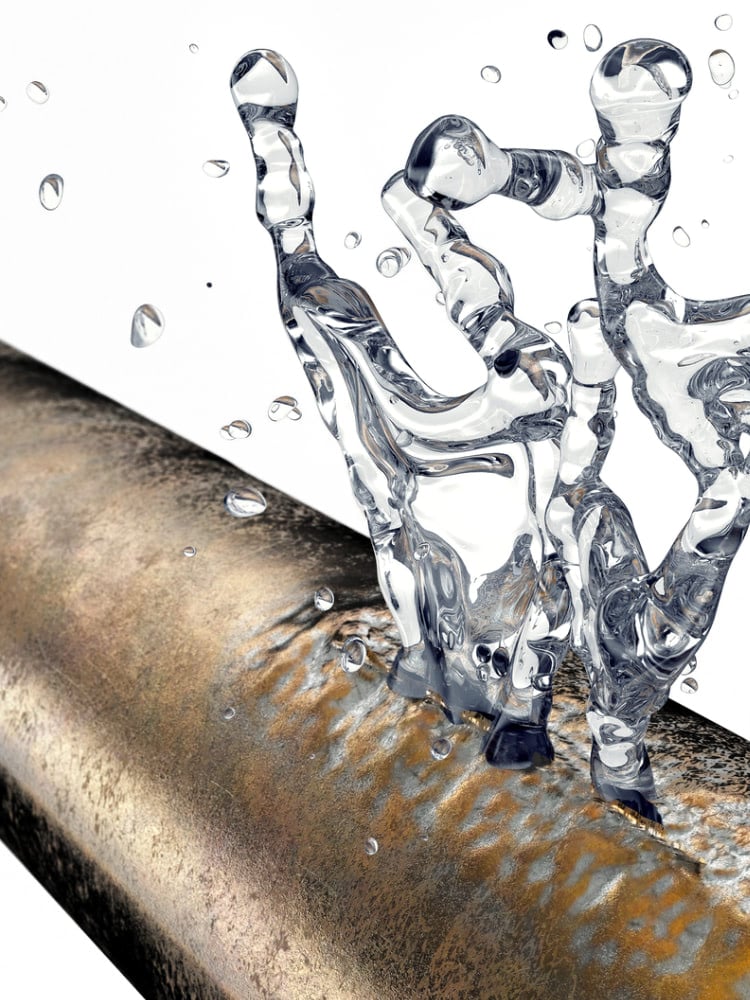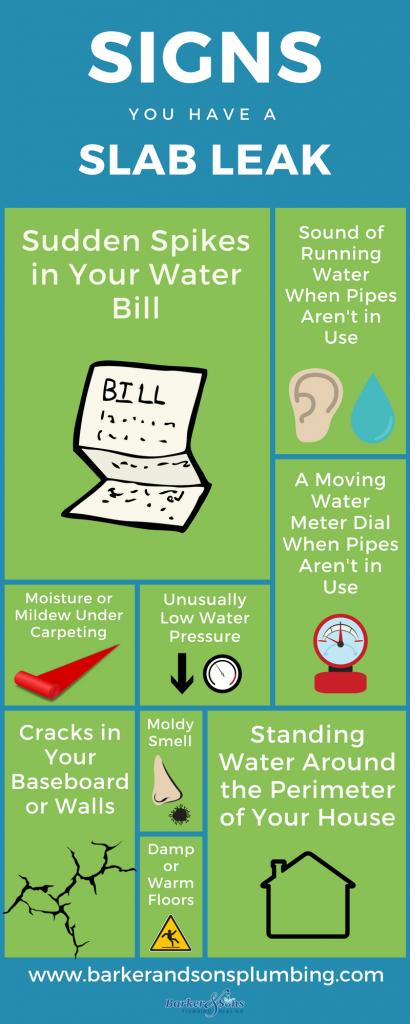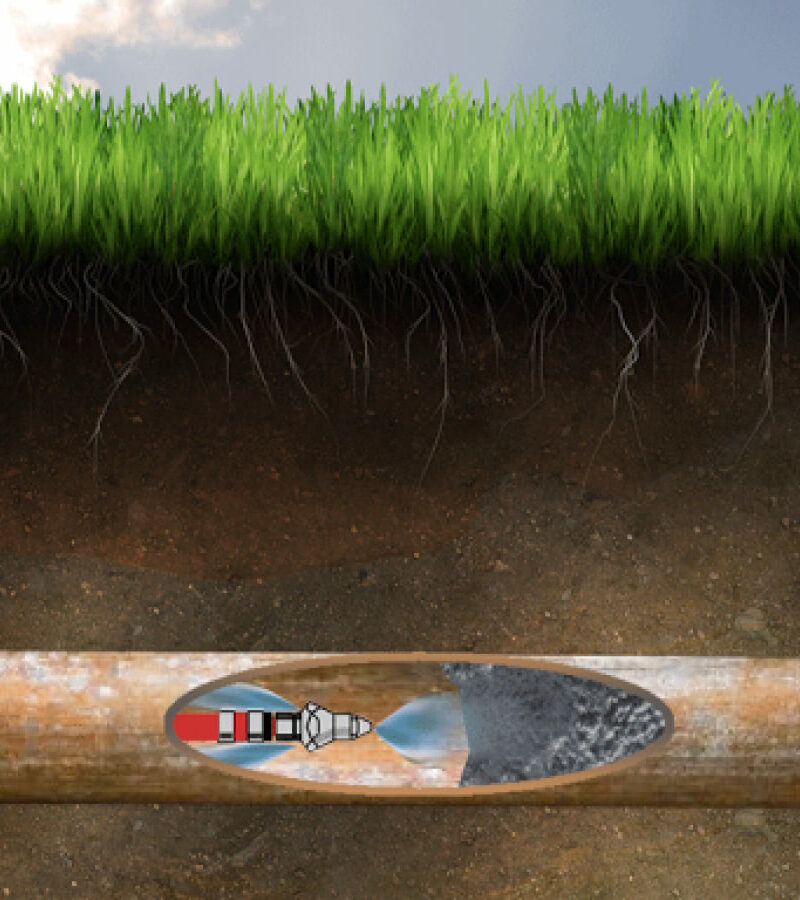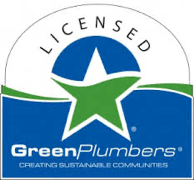
Slab Leak FAQs
How to Tell if You Have a Slab Leak
Those who live and work in Orange County know that hard water and water leaks can cause damage. With a large majority of Orange County homes built on a slab of concrete, it is not uncommon for homeowners to run into slab leak problems. These slab leaks can strike on hot or cold water lines and can appear on any drain line from any home appliance that uses water. It is important for homeowners to know both what causes slab leaks and how to identify one.
What is a Slab Leak?
A slab leak is an industry term used to describe a leak that has developed in the copper water lines running below the concrete foundation of your home. When these same leaks are above ground, in the wall or ceiling, they are known as pinhole leaks. Such leaks are often a result of long-term corrosion to copper pipes.
Slab leaks can be found either on the pressure side or the drainage side of your foundation. If the slab leak is on the pressure side of the water system, it can typically be unearthed prior to triggering a lot of destruction. While these leaks are usually found quickly, they can cause significant damage. Leaks on the drainage side can be considerably more veiled, making them trickier to spot. They can leak for ages, showing no external indication.
Over time, slab leaks can damage hardwood floors and carpet as well as drywall and cabinets if not taken care of. Moisture left on its own for over 24 hours can even start mold and fungus problems. To stop this from happening, the plumbing must be examined frequently by a professional who knows how to diagnose and repair slab leak issues.
How Long Can a Slab Leak Go Undetected?
Since slab leaks are not clearly visible to a homeowner, they can often go undetected for long periods of time. Leaving a potential slab leak unattended can lead to much larger problems, such as mold damage and termite infestation. With that said, you can look out for more subtle signs that may indicate you have a slab leak.
What Causes a Slab Leak?
Pre-Damage & Poor Installation
It’s not unusual for some materials to get a little banged up when building a home, but if it’s the pipes that experience any damage, it could cause problems in the long run. Furthermore, if the pipes are installed incorrectly from the start, there’s a good chance that they won’t be able to function properly once they have an entire house sitting on top of them.
Abrasion
Pipes naturally expand and contract as water flows throughout them, but doing so can cause trouble depending on how your home was built. If the pipes are in a place where they are exposed to concrete, gravel, even other pipes, they could start to rub against them (until they eventually wear down) if they don’t have enough room to expand.
Corrosion
Since these pipes are located underground, it’s only natural for them to come into contact with soil. However, the addition of soil can cause the pipes to corrode over time. This is very common in home plumbing systems with copper pipes.
What Does a Slab Leak Look Like?
Ground/Foundation Shifts
Sometimes, slab leaks occur as the result of your house shifting on its foundation. When the ground of your home starts to shift, your pipes are bound to experience a little pressure. However, while pipes are strong and can withstand a lot of things, too much pressure can really take a toll and cause them to leak.
Signs You Have a Slab Leak
- Sudden spikes in your water bill
- The sound of running water when pipes aren’t in use
- Moisture or mildew under carpeting
- A moving water meter dial when pipes aren’t in use
- Standing water around the perimeter of your house
- Unusually low water pressure
- Cracks in your baseboard or walls
- Damp or warm floors
- Mold Problems / Moldy smell
If you suspect you may have a slab leak in your home, call Barker and Sons Plumbing & Rooter at (714) 452-1380 for professional slab leak detection and repair. If there is a slab leak present, we may recommend capping off existing pipes using durable and flexible PEX piping if the leaks are extensive or hard to reach rather than performing a complete pipe replacement.













